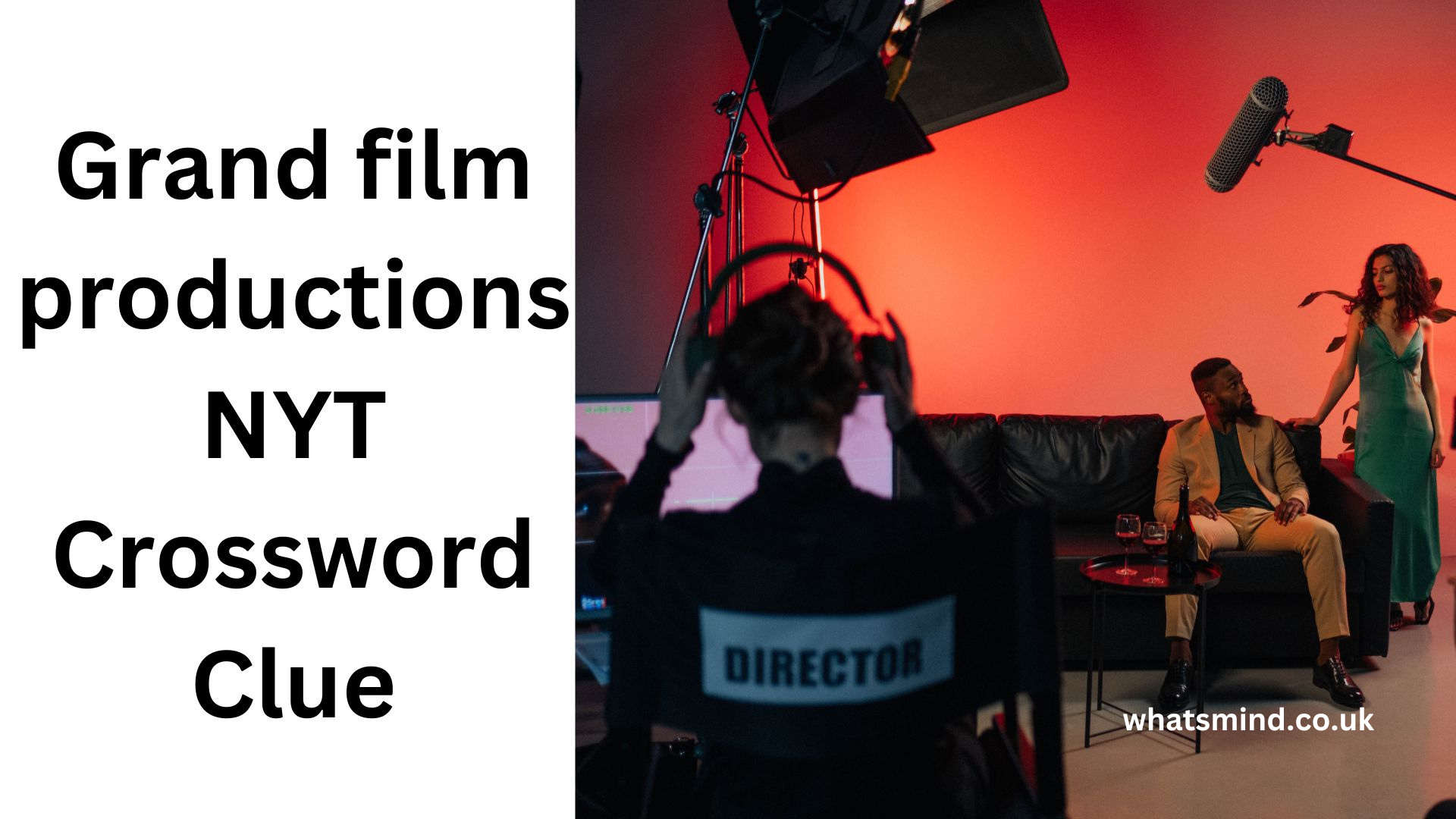In the digital age, where instant gratification is the norm, film cameras offer a refreshing throwback to a simpler time. Despite the prevalence of digital photography, film cameras have retained a dedicated following due to their unique aesthetic and the hands-on experience they provide. If you’re curious about film cameras or thinking about trying one out, here’s what you need to know.
Why Choose a Film Camera?
Film cameras might seem outdated with today’s digital technology, but they have their own distinct charm and advantages:
- Unique Aesthetic: Film often produces images with a depth and texture that many find superior to digital photography. The grain, color rendition, and dynamic range of film can be quite appealing.
- Tactile Experience: Using a film camera requires a deliberate approach, from loading film to manually adjusting settings. This process can make photography feel more immersive and rewarding.
- Learning Tool: Film cameras help you learn the fundamentals of photography. With no automatic settings to rely on, you’re forced to understand exposure, aperture, and shutter speed more deeply.
Types of Film Cameras
Film cameras come in several types, each suited to different needs and preferences:
- 35mm Cameras: These are the most common type of film cameras. They are compact and versatile, suitable for a wide range of photographic applications. Popular models include the Canon AE-1 and Nikon FM2.
- Medium Format Cameras: Offering higher resolution and image quality than 35mm cameras, medium format cameras use larger film sizes (e.g., 120 film). Examples include the Hasselblad 500CM and the Mamiya 645.
- Large Format Cameras: These are used for ultra-high-resolution photography and often found in studio settings. They use even larger film sheets and offer exceptional detail and control. The Linhof Master Technika is a well-regarded model in this category.
Choosing the Right Film Camera
When selecting a film camera, consider these factors:
- Budget: Film cameras range from affordable entry-level models to high-end professional systems. Decide how much you’re willing to invest.
- Condition: Since many film cameras are vintage, ensure the camera is in good working condition. Check for issues like light leaks or mechanical malfunctions.
- Lens Compatibility: Make sure the camera has lenses that suit your photography style, whether you’re interested in wide-angle, macro, or telephoto shots.
How to Get Started with Film Photography
- Buy Film: Choose the type of film that matches your style. Color negative film is a good all-rounder, while black-and-white film can offer dramatic effects.
- Learn the Basics: Familiarize yourself with the exposure triangle (shutter speed, aperture, and ISO) and how to use your camera’s manual settings.
- Develop Your Film: You can develop film at home or use a professional lab. Developing your film at home can be a fun and educational process, though it requires additional equipment and chemicals.
- Experiment: Don’t be afraid to experiment with different film stocks and settings. Film photography is as much about exploration and creativity as it is about technique.
Conclusion
Film cameras hold a timeless appeal for both novice and experienced photographers. Their unique aesthetic, tactile experience, and educational value make them a worthwhile investment for those looking to explore the art of photography from a different angle. Whether you’re drawn to the nostalgia of film or simply want to enhance your photographic skills, a film camera can offer a rewarding experience that digital cameras can’t always match.
FAQs
- Why should I choose a film camera over a digital one?
Film cameras offer a distinct aesthetic and hands-on experience that many photographers find appealing. They also provide a deeper understanding of photographic principles. - How much does a film camera cost?
Film cameras vary widely in price. Entry-level models can be quite affordable, while professional-grade cameras may be more expensive. - Is film photography difficult to learn?
Film photography requires understanding manual settings and developing techniques, which can be challenging but rewarding. It’s a great way to deepen your photographic knowledge. - Can I still buy film and have it developed?
Yes, film is still available and many labs offer developing services. There are also home developing kits if you prefer to process your film yourself. - What are the best film cameras for beginners?
The Canon AE-1 and Nikon FM10 are excellent choices for beginners due to their simplicity and ease of use. They offer a good introduction to film photography.


